healthcare professionals warn of 'echo' pandemic
"when i’m in a period of depression, i don’t always know it’s happening until i’m really down there."
we apologize, but this video has failed to load.
try refreshing your browser, or
tap here to see other videos from our team.
tap here to see other videos from our team.
by: bruce deachman

after a year of living with covid-19, postmedia is taking an in-depth look at the significant social, institutional and economic issues the pandemic has brought to light in canada — and more importantly, how we can finally begin to solve them. you can find our complete coverage here.christine chesser compares her lowest days to swimming and “sludging” around in a muddy pond of quicksand, unable to escape. there are hopeful moments, she says, bright, albeit brief, glimmers when she can see across the pond and make her way to the bank where the reeds are. sometimes she can even grab hold of one.“i can’t quite pull myself out yet, but at least i’m holding onto something. and then maybe in a few days i’ll actually have the strength to pull myself out.”chesser is one of the 6.7 million canadians, or roughly one in five, who, according to the mental health commission of canada (mhcc), are currently living with a mental health condition. her particular struggles are with anxiety and depression, and she says that the covid-19 pandemic has made it much more difficult to pull herself out of the mire.“when i’m in a period of depression, i don’t always know it’s happening until i’m really down there, and the last thing i want to do is socialize. so the pandemic has sort of enabled some introverted behaviour that sits very well with me. i don’t have to leave my house to go to my job, i don’t have to go play any gigs, i don’t have to go teach pottery — although i miss all those things when i’m well. but when i’m not i kind of lick my wounds and sit with my depression.”but she admits that’s not the healthiest response. “we all know that exercise, socializing and all these things help depression, but when i’m in that place, i can’t motivate myself to do those things; the pandemic isolation has enabled me.”
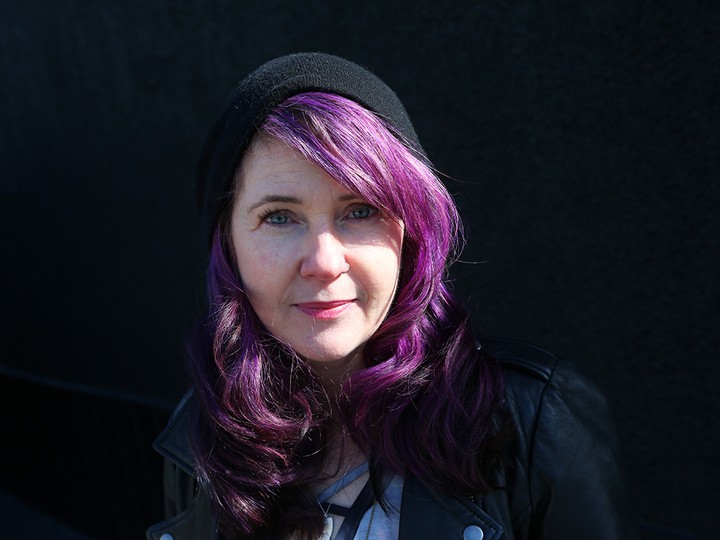
advertisement
she’s not alone. as well as managing her ownmental health, chesser is executive assistant and administrative and groups coordinator at psychiatric survivors of ottawa (pso), a peer-driven support organization, and so has a unique vantage point from which to view mental health during a pandemic.“when all this is past, it’ll be really interesting to see the impact that the pandemic has had not just on people’s physical health, but on their mental health. i think the effect on people’s mental health may actually outweigh the effect on their physical health.”indeed, recent studies indicate that the mental health of canadians has suffered enormously during the pandemic, and may continue to do so long after the threat to the public’s physical health has passed, as the psychological effects of an “echo” or “shadow” pandemic reverberate through society well into the recovery phase of the covid outbreak.“one thing i like to say to myself when i’m struggling,” says chesser, “is that, ‘you have survived 100 per cent of your bad days so far, so you can make it through this.’ but for people who really haven’t experienced depression before and it’s happening during a pandemic, i can imagine that looks very, very different for them. and if they don’t know that there are resources out there for them to help them work through these things, they just sit in isolation, in solitude, and think, ‘what’s wrong with me? why am i not good at this?’ and all this negative self-talk can lead to some pretty dark stuff.”
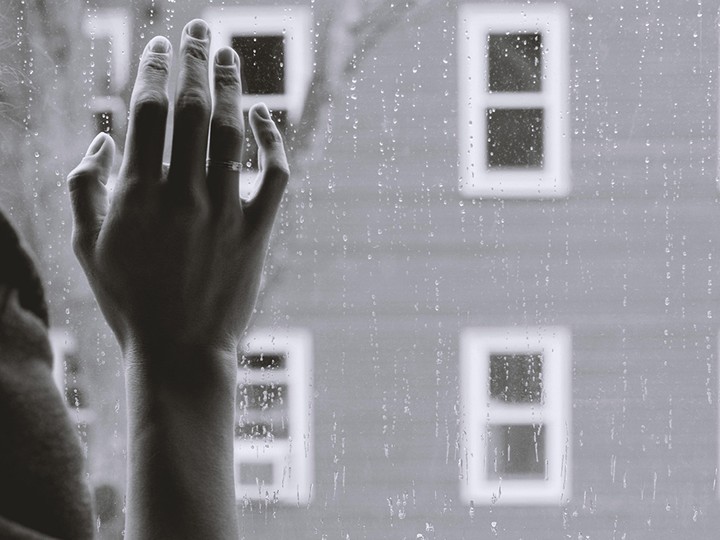
advertisement
margaret eaton, ceo of the canadian mental health association, says that research into the mental health impacts of past pandemics, as well as other traumatic events such as the 2016 wildfires in fort mcmurray, point to long-term effects.“what was found was that people were experiencing mental health impacts long after life had gone back to normal. so even after people returned to their homes in fort mcmurray, it was up to 18 months or two years after that that people were still coming into our wood buffalo cmha seeking mental-health supports because they were still dealing with the trauma of that incident.”in many cases, she adds, people are simply trying to cope during the pandemic, while their emotional responses may only manifest themselves later.eaton adds that short-term fixes such as the federal government’s wellness together canada app, which aims to connect people who have mental-health or substance-use issues with treatment and support, are a welcome start, “but there needs to be more support generally for mental health care to deal with two to three years of support that people are going to need for what is really a highly treatable condition surrounding anxiety and depression.”according to a national survey released by the cmha last december, 40 per cent of canadians — and 44 per cent of ontarians — said their mental health had deteriorated since the pandemic’s onset. the figure was even higher, at 61 per cent, among those with pre-existing mental health issues.additionally, the survey of more than 3,000 canadians, conducted by the university of british columbia, indicated that one in 10 people in the country, and about one in eight ontarians, reported having suicidal thoughts or feelings, a significant increase over the six per cent of canadians who reported similar thoughts during the pandemic’s first wave last spring, and four times the number reported in 2016, pre-pandemic.a study led by rebecca robillard, at the royal’s institute of mental health research in ottawa, found that the proportion of people without a psychiatric history who screened positive for generalized anxiety disorder increased from 23.1 per cent before the pandemic, to 34.7 per cent during. even more dramatically, those who screened positive for depression jumped from 19.3 per cent, pre pandemic, to 48.7 per cent.the pandemic’s toll has not, however, been uniform across society, with more pronounced mental health declines among the unemployed, women, youths, indigenous peoples, those identifying as lgbtq2+ and those with a disability or a pre-existing mental-health issue.similar results appeared in a leger poll conducted for the mhcc and canadian centre on substance use and addiction (ccsa) and released in february. it found that the portion of the population reporting symptoms of depression had increased seven-fold during the pandemic, from two per cent prior to march 2020, to 14 per cent.additionally, only about 42 per cent of canadians said their mental health was very good or excellent, whereas in 2019, according to statistics canada, 67 per cent made the same claim.“that’s such a wide gap, it tells us that something is going on there,” said ed mantler, the mhcc’s vice president of programs and priorities.“the fact that fewer canadians feel their mental health is strong or excellent doesn’t necessarily mean that they’re experiencing a mental issue,” he cautioned. “they may be experiencing sadness or anxiety that are completely normal reactions to what’s happening around us. but we do know that those who report severe symptoms of depression in particular have increased substantially.”meanwhile, the spike in people reporting severe depression and increased suicide ideation hasn’t been matched by a similar uptake of people seeking treatment, with fewer than one in four accessing services. stigma and discrimination are possible factors for the low uptake, as well as the disruption by the pandemic of traditional treatment methods.
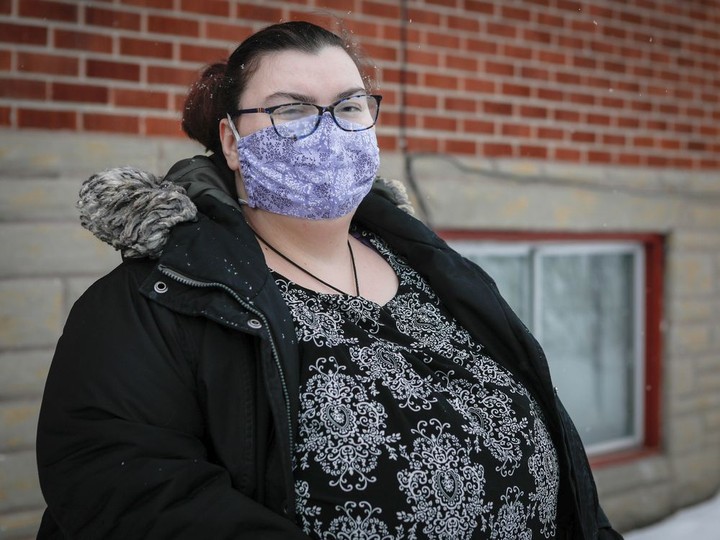
advertisement
for ashley larabie, that disruption of treatment and other supports, coupled with the greater isolation she’s experienced during the pandemic, have been devastating. diagnosed at 14 with ptsd, depression and anxiety, the 26-year-old ottawa resident says that the “deep, dark hole” in which she sometimes finds herself has only been made deeper and darker by the pandemic, and far more difficult to escape.“covid is very scary, and it’s a hard world to be in. the isolation part is the biggest piece. you get into a very dark, dark place, a place i can’t even describe. it can go on for days. time passes but i don’t realize it. what brings me out of it is when my family calls me and they say, ‘how are you doing? can we do anything to help?’ and they try to talk to me, and that does help, but it’s still not the same as seeing them.“isolation is very hard,” she adds, “and when you’re in a dark room and thinking that you’re alone and no one cares about you and it’s the end of the world, and if you’re on the internet, everything is about covid. i can’t watch the news because it causes me more anxiety, because then i see the numbers rising and i think, ‘oh, my god, i’m never going to be able to get out of this.’”larabie is also recovering from a narcotics addiction — mental-health and substance-use issues often go hand in hand — which only adds to her stress. in january, she moved out of edgewood care centre because of the anxiety its lockdowns caused her, and into her mother’s home. but whereas before the pandemic she would get out into the community a handful of times a week — to a pso support group, for example, or a visit with her 80-year-old grandmother, or simply going to a tim hortons with her sister — her outings these days have been reduced to a bi-weekly, anxiety-ridden trip to the grocery store. and even at that, she has sometimes returned home empty-handed, driven out of the store by fear and unease.“and then i come home and i’m still full of anxiety and panic,” she says. “i try to relax, i try to sleep, but because of the isolation and depression, i’m sleeping during the day and not sleeping much ay night, or i’m sleeping too much during the day and i’m sleeping all night.“being isolated feels horrible,” she adds. “yes, there are virtual groups and you can talk to your family on the phone, but it’s nothing compared to seeing people in person. feeling that human touch was a really big thing for me and my mental health – just having a hug or a high-five. not having that has really affected my mental health.”
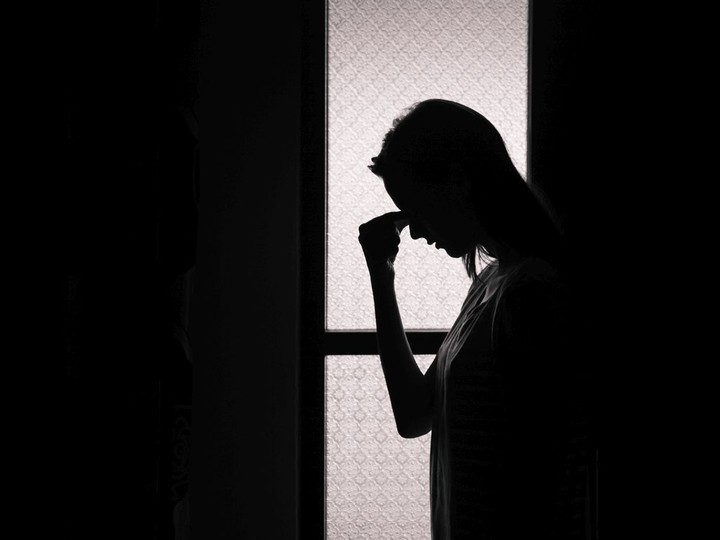
advertisement
the pandemic-related concern for people’s physical well-being that closed public spaces and necessitated physical distancing has also made accessing mental health counselling and other services during the past year extremely difficult. in response, mental health-care professionals and organizations re-assessed how they interact with clients, many pivoting to online services. pso, for example, now hosts a daily one-hour drop-in session over zoom, as well as virtual crafts, one-on-one telephone support and thrice-weekly in-person, physically distanced walking groups, the latter allowing clients some contact and exercise. “people are loving it,” says chesser. “people are desperate for face-to-face human connection.“pso pretty much turned on a dime,” she adds, “and by april 1 (2020) we had a lot of stuff in place and ready to go. we had our phone lines up, our online groups. we worked around the clock.”the royal ottawa mental health centre, following consultations with more than 1,000 stakeholders, including those with lived experiences and their families, last fall initiated a program called co-creating access, hope and new possibilities, to similarly expand access to care for those with mental health and addictions needs.the royal and pso have each also led campaigns to acquire tablets and other devices so those without can access online supports and treatment.other organizations have banded together to help streamline clients’ access to services. the recently formed accessmha, for example, brings together service providers from nearly 20 groups in eastern ontario, including ottawa public health and the royal, to act as a single portal through which those seeking help can go online and book an appointment with a mental health and addictions professional, who will then connect them with the service best suited to their needs. according to gord garner, co-chair of the family advisory committee of the partners for regional coordinated access for mental health and addiction that is leading the project, accessmha will hopefully get people the help they need more quickly.“the people who are suffering, or concerned for a loved one, want to know more than anything else that they’re not mistaken about their hopes for help,” he says. “when they can’t access help, or they’re told they are at the wrong place, or that they don’t qualify for this help, it may take them decades to come back seeking help again.”similarly, 13 community agencies in ottawa, including the cmha, created counselling connect, a website that provides residents with free same- or next-day counselling for a variety of issues, including mental health ones.a large proportion of counselling connect’s clients are those seeking help for the first time. “they’re coming in during a crisis,” says tamara chipperfield, director of mental health and addictions at the centretown community health centre. “our waitlist is definitely growing for online counselling, and the counsellors on my mental-health team are definitely seeing folks come in to counselling who may not have in the past, and that’s due to stressors related to the pandemic: people who have recently lost their job and are facing the loss of their house, or addiction due to the pandemic.”louise bradley, president and ceo of mhcc, says she’s worried that the needs of those with longstanding serious mental illness risk being overshadowed by the “widespread malaise” affecting canadians in general.“normally, a high tide rises all boats, but in this case there’s a risk of drowning out the needs of those with histories with mental-health and substance-use disorders,” she said in a statement in february. “i applaud initiatives like wellness together canada, but if there was ever a time to increase funding for mental health and substance use, and reap the dividends, that time is now.”in february, the house of commons finance committee put mental health at the top of its tabled report containing 145 recommendations for the 2021 federal budget. the issues addressed in the report were sweeping, from the preservation of historic buildings and greater access to high-speed internet, to added marine biology research to study fish stocks, increased numbers of electric cars in government fleets, and support for craft beer brewers.but the committee’s first overall recommendation was that the federal government “(d)evelop and implement a long-term mental health covid-19 recovery plan to ensure all canadians — especially the most vulnerable — can access the care they need, no matter where they live.”
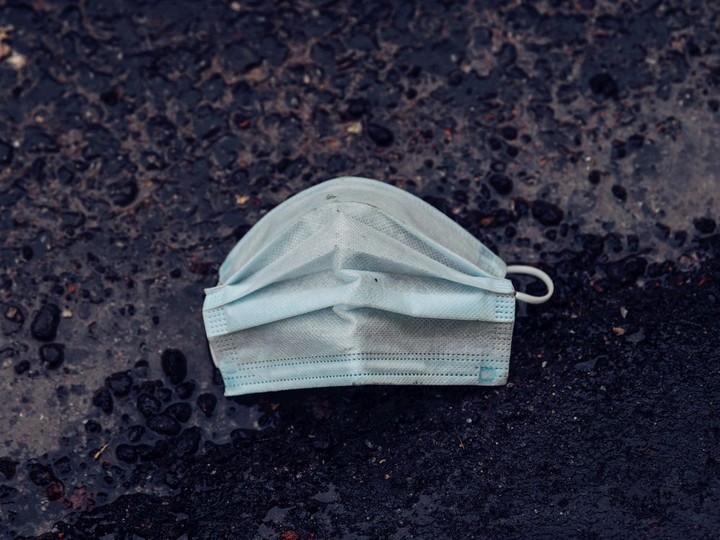
advertisement
for just as covid-19 has exposed serious deficiencies in the operations of many long-term care homes, the pandemic has also shone a light on canadians’ unmet mental-health needs. at the same time, and largely by the sheer number of people whose mental wellness has suffered throughout this past year, covid has helped destigmatize mental-health issues.“what we’re realizing is that this is affecting almost everyone, in different ways,” says joanne bezzubetz, ceo and president of the royal. “people who have an underlying psychiatric issue or already have a mental-health issue or substance-use issues are impacted more severely than people who don’t, but not having a pre-existing condition doesn’t mean you won’t be impacted. we’re finding that, overall, everyone is impacted in some way.“since day 1,” she adds, “there’s been this reference to the fourth wave, the mental health wave. the fourth wave is actually happening right now. if we have new people coming to us now for care because they are now starting to experience mental-health issues that were not as elevated in the past, that’s already happening.”bdeachman@postmedia.com
 11 minute read
11 minute read





